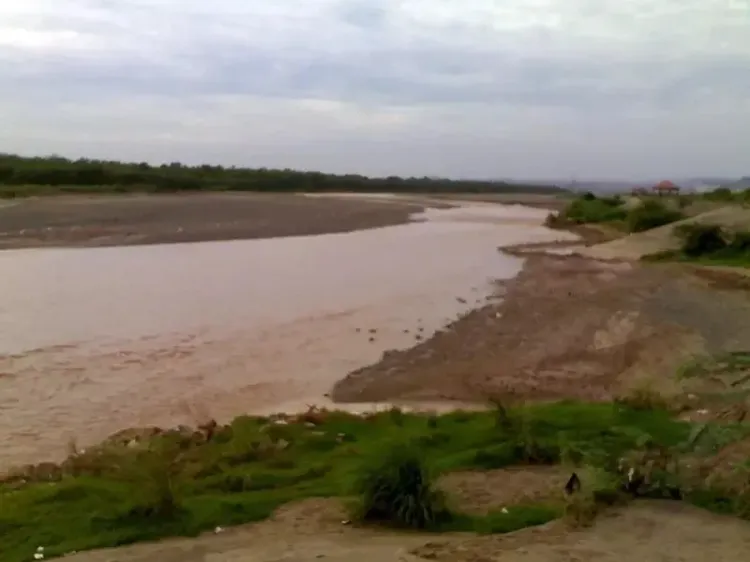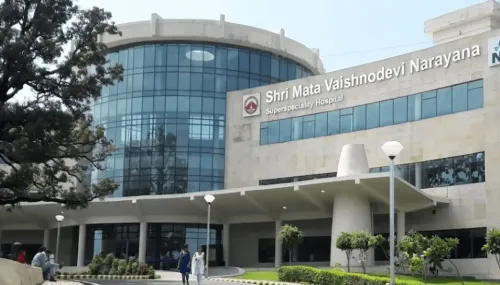Pollution Identified in Two Segments of the Ghaggar River: Government Report

New Delhi, Dec 9 (NationPress) Two segments of the Ghaggar river, which flows through Punjab and parts of Haryana, have been flagged as polluted, according to the latest report issued by the CPCB in November 2022, as informed to Parliament on Thursday.
Among the two identified polluted segments, one is located in Punjab and the other in Haryana, as stated by the Minister of State for Jal Shakti, Raj Bhushan Choudhary, in a written response in the Lok Sabha.
In response to a query from Kumari Selja of Congress, the MoS elaborated that based on the water quality monitoring results for the Ghaggar river in 2023, the CPCB reported that the Total Dissolved Solids (TDS) levels ranged from 198 to 1068 milligrams per liter (mg/l) in Haryana and from 248 to 2010 mg/l in Punjab.
Additionally, the Ghaggar was determined to meet the designated best use water quality criteria for Class E (which includes irrigation and industrial cooling) during the monitoring period, as per the MoS.
MoS Choudhary mentioned that the Punjab Pollution Control Board has stated that to address wastewater treatment from towns in the Ghaggar river catchment area, a total of 28 STPs with a combined capacity of 291.7 million liters per day (MLD) have been established, and 15 STPs with a capacity of 97 MLD are currently under construction.
The Haryana State Pollution Control Board reported that a sewage treatment capacity of 588 MLD has been developed in the river catchment area under the Ghaggar Action Plan, as mentioned by the MoS.
In response to an additional inquiry regarding groundwater contamination in Punjab, the Ministry clarified in the Lok Sabha that according to records from the Punjab Pollution Control Board (PPCB), none of the industries are releasing effluents into the ground through boring.
All industries, including those that pollute water, are being consistently monitored and physically inspected by the PPCB as per the mandated schedule, the Ministry confirmed in response to another question.
The Ministry also stated that National Aquifer Mapping Studies have been conducted in Punjab covering an area of 50,369 square kilometers. Based on the findings from the NAQUIM studies, groundwater management plans have been formulated, and reports have been disseminated to state and district authorities for execution, as per the Ministry.
The Central Ground Water Board (CGWB) is actively constructing arsenic-free wells in arsenic-affected regions using cement sealing technology to access contamination-free aquifers and is also providing technical support to state departments for fluoride mitigation, the Ministry added.









